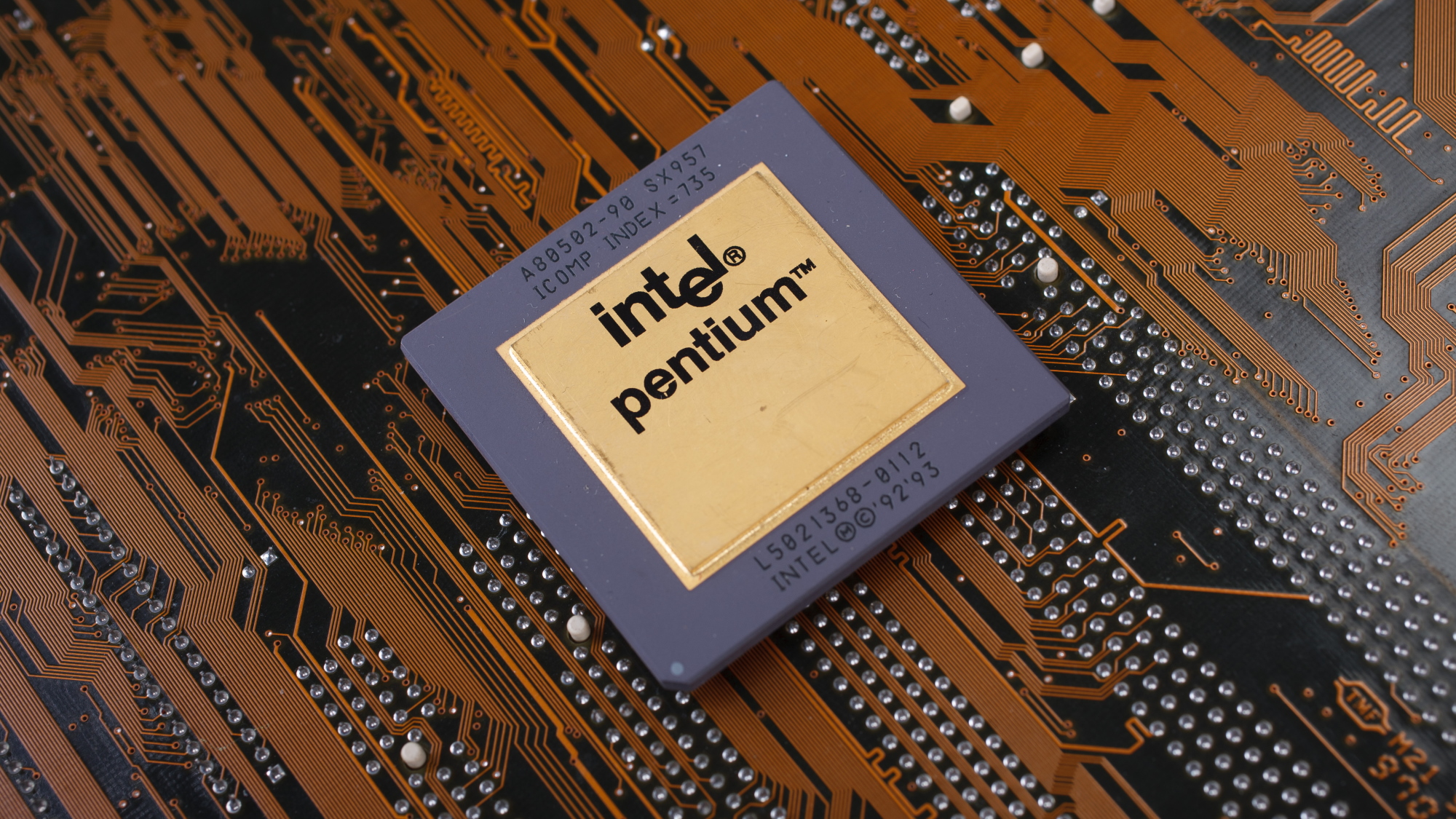Are Intel Apollo Lake processors already dying?
Reports of degradation in chips

Update: Intel has been in contact to say that the original Product Change Notification (PCN) it released had incorrect information, and it has since released a new PCN.
According to Intel, "There are no changes to the B-1 Stepping of the Intel Celeron N3350, J3355, J3455 Processors and Intel Pentium N4200 Processor as they meet all Intel quality goals for PC Usage and will continue to be available. The F-1 Apollo Lake Intel Celeron N3350, J3355, J3455 Processors and Intel Pentium N4200 Processor meet all Intel quality goals for PC Usage. With IOTG's operational decision to converge onto a single package for all of the IOTG Apollo Lake Processors, the F-1 stepping Celeron N3350, J3355, J3455 Processors and Pentium N4200 Processor has a slight increase in Z height compared to the B-1 Stepping."
Original story follows...
Although they were only released in 2016, there are reports that Intel Apollo Lake processors are dying sooner than expected.
According to a Product Change Notification (PCN) document, which isn’t currently available online, but reported on by Tom’s Hardware, Intel is planning to replace four of its Celeron and Pentium Apollo Lake processors due to degradation in performance.
- Get all the details on Intel's 10nm Ice Lake CPUs
- Check out the Ice Lake-powered Dell XPS 13 2-in-1
- See the best laptops available now
According to Intel, it has “identified an issue with the Low Pin Count (LPC), Real Time Clock (RTC), SD Card interfaces on Intel Celeron N3350, J3355, J3455 processors and Intel Pentium N4200 processor resulting in degradation of these signals at a rate higher than Intel's quality goals after multiple years in service.”
Essentially, Intel is saying that these Apollo Lake processors, which are based on its Goldmont microarchitecture and 14nm process node, could die before the warranty is up – so Intel is planning on refreshing the entire Apollo Lake lineup.
Get daily insight, inspiration and deals in your inbox
Sign up for breaking news, reviews, opinion, top tech deals, and more.
Budget laptops affected
Intel Apollo Lake processors are mainly found in budget laptops and desktops, as well as 2-in-1 devices and all-in-one PCs, and the affected CPUs are the Celeron J3455, J3355, N3350 and Pentium N4200.
Intel has previously had problems with LPC bus degradation – which seems to be the problem here – with its Atom C2000 series of processors, as well as its E3800 series CPUs – which led Intel to creating a reserve fund to cover the costs of replacing the processors.
The affected Apollo Lake processors will move from the old B1 stepping to new F1 stepping in a bid to avoid the problem, and the new processors will have an ‘E’ suffix in their name to help customers identify the new CPUs – so they will be the Celeron J3455E, J3355E, N3350E and Pentium N4200E.
According to Tom’s Hardware, Intel is telling its customers to move from their existing CPUs to the new versions. Of course, this is easier said than done, as many of the products the affected Apollo Lake processors are in are not easily upgradable – which means you may have to buy an entirely new device.
We’ve contacted Intel to find out more, and will update this story when we hear back.
- These are the best processors of 2019

Matt is TechRadar's Managing Editor for Core Tech, looking after computing and mobile technology. Having written for a number of publications such as PC Plus, PC Format, T3 and Linux Format, there's no aspect of technology that Matt isn't passionate about, especially computing and PC gaming. He’s personally reviewed and used most of the laptops in our best laptops guide - and since joining TechRadar in 2014, he's reviewed over 250 laptops and computing accessories personally.